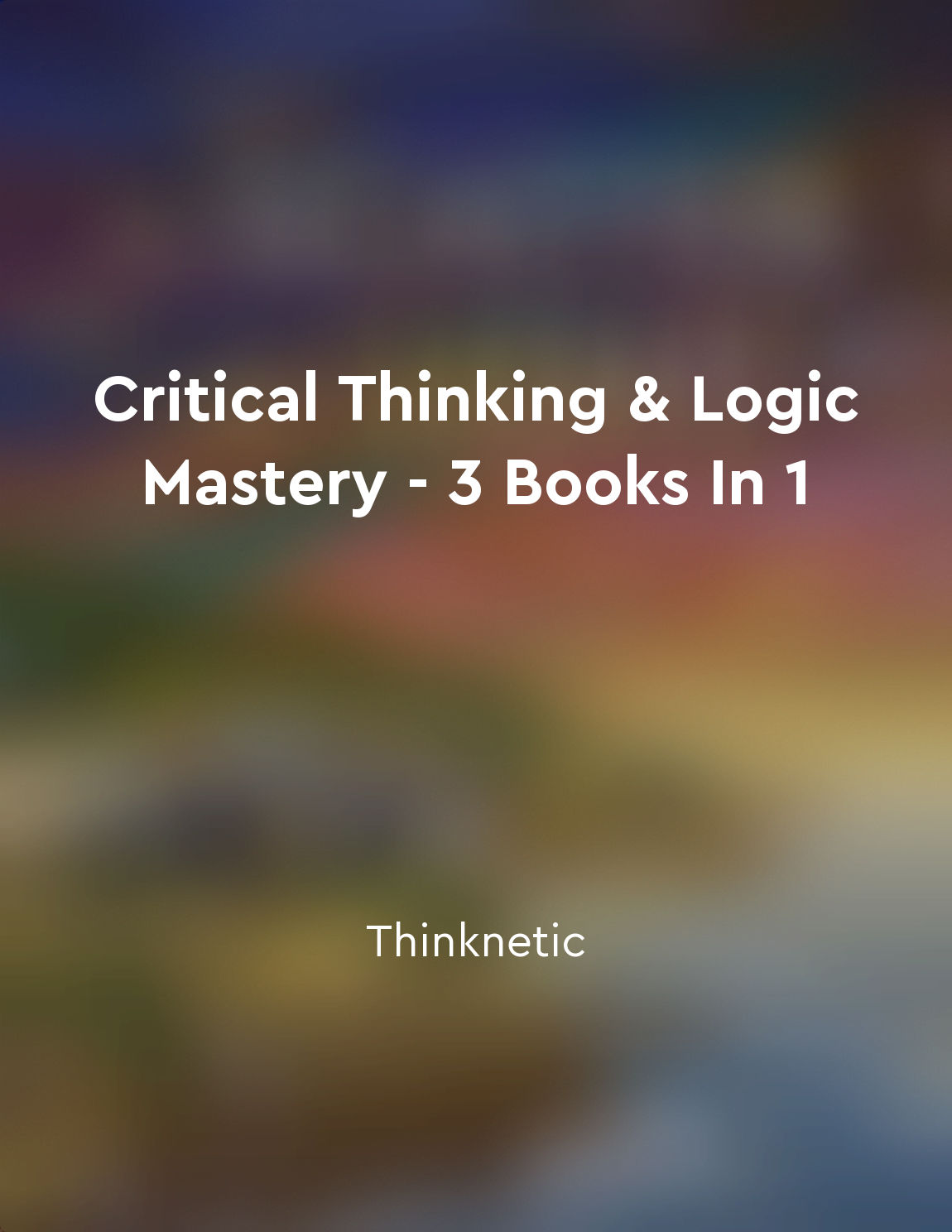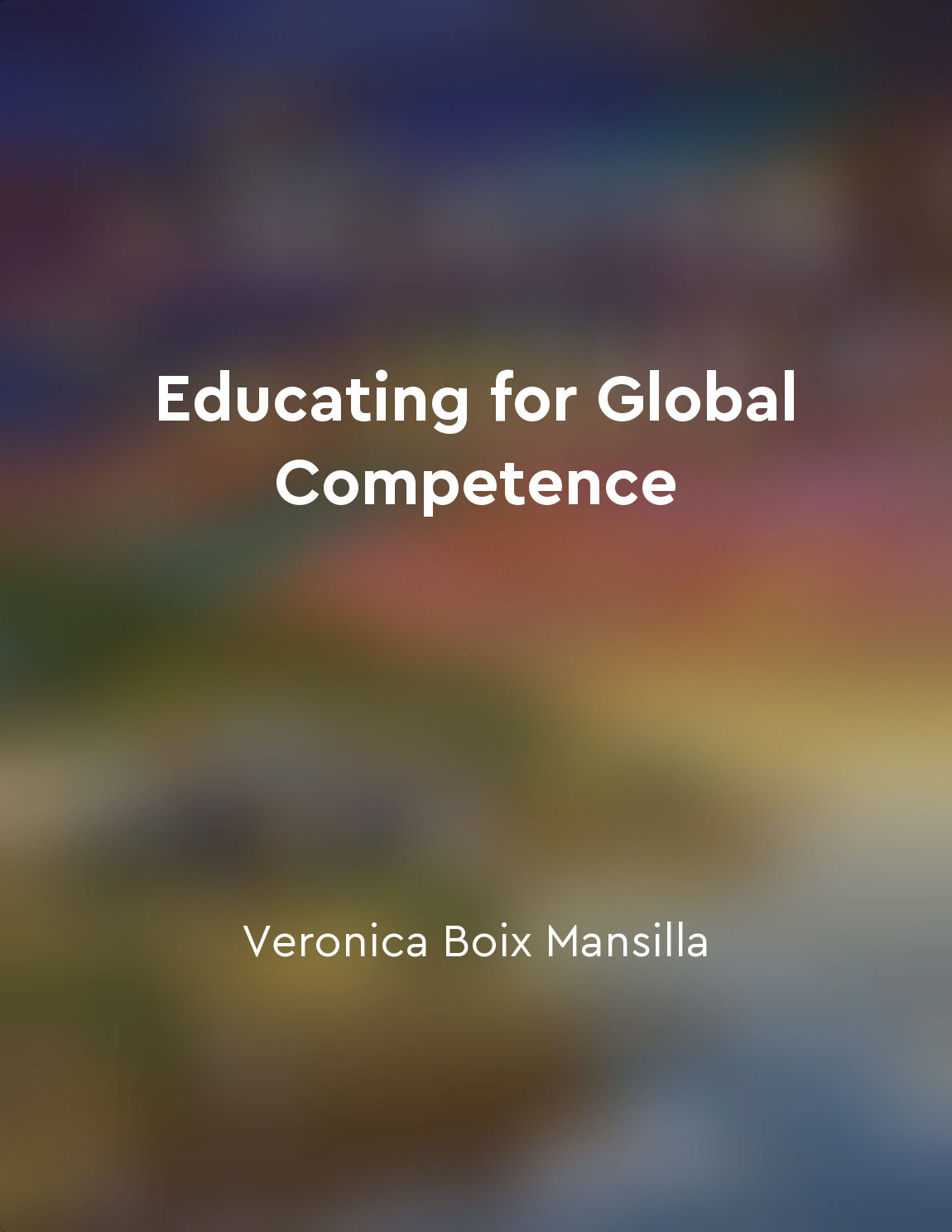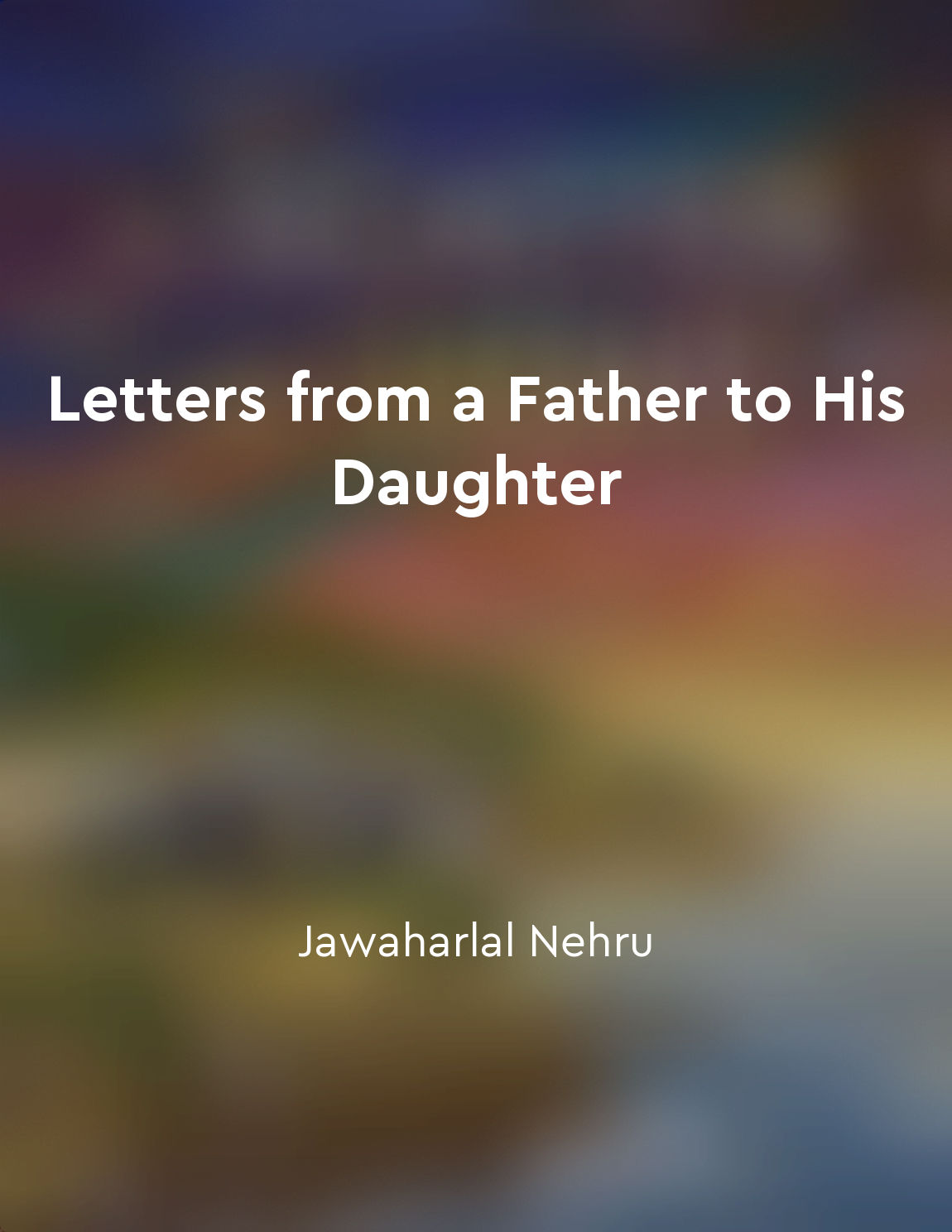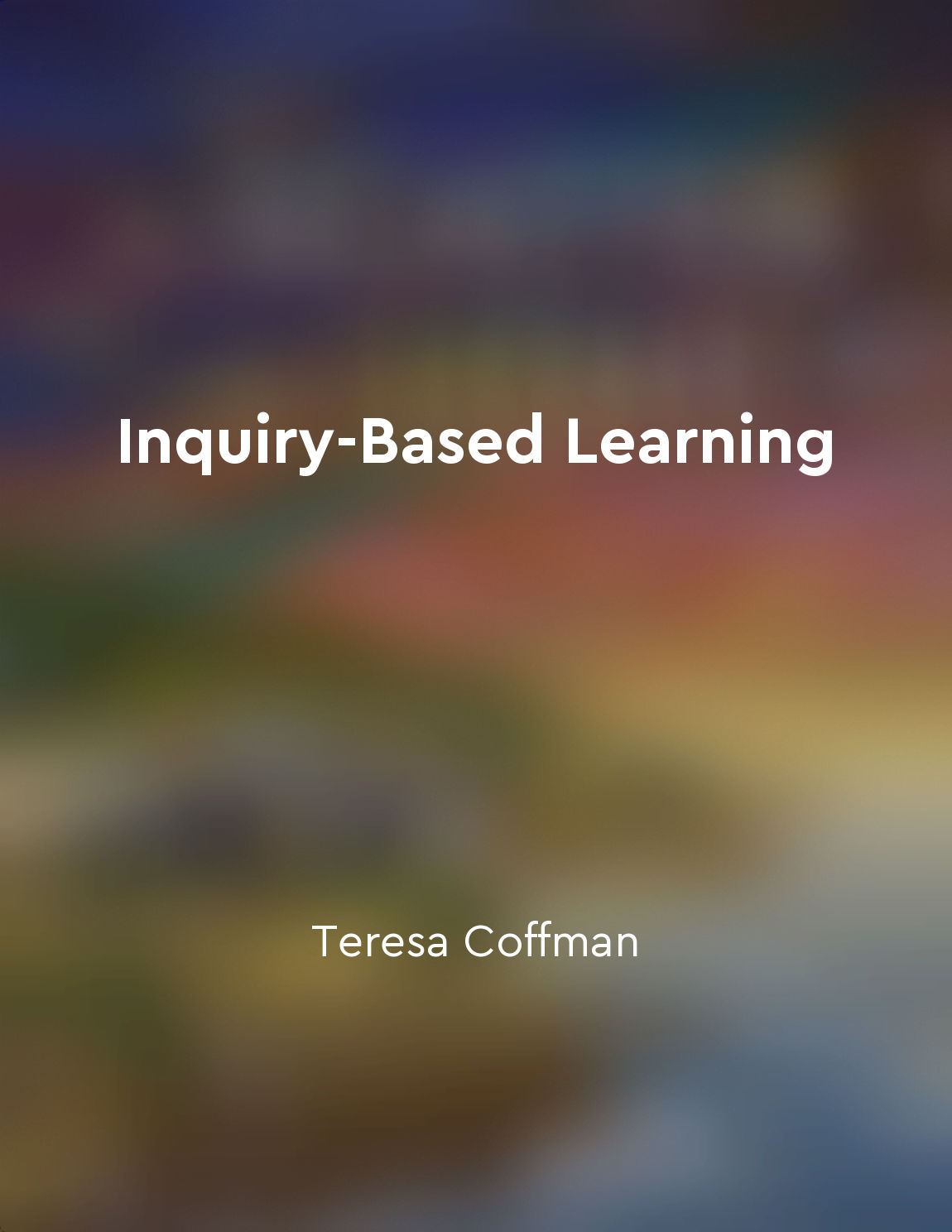Critical analysis of sources is essential in history education from "summary" of Lies My Teacher Told Me: Young Readers’ Edition by James W. Loewen
Understanding history is not just about memorizing facts and dates. It's about diving deep into the past and questioning the information we receive. When we study history, we rely on sources to tell us what happened in the past. These sources can be primary sources like letters, diaries, or photographs, or secondary sources like textbooks or articles. However, not all sources are created equal. Some sources may be biased, inaccurate, or incomplete. That's why critical analysis of sources is crucial in history education. When we critically analyze sources, we question the author's perspective, motives, and reliability. We consider the context in which the source was created and how it may have influenced the information presented. By examining sources critically, we can uncover hidden biases, misinformation, or gaps in the narrative. In his book, James W. Loewen emphasizes the importance of critically analyzing sources to uncover the "lies" that are often taught in history classrooms. He challenges readers to question the textbooks and narratives they are presented with and to dig deeper into the past. By teaching students to critically evaluate sources, educators can help them develop a more nuanced understanding of history and how it is constructed. When we critically analyze sources, we engage in a process of historical investigation that goes beyond simply accepting what we are told. We become active participants in uncovering the complexities of the past and understanding how history is shaped by interpretation and perspective. By teaching students to approach history with a critical eye, educators empower them to think independently and challenge the dominant narratives that may not always reflect the full truth.Similar Posts
Totalitarianism suppresses individual liberties
Totalitarianism is a political system that seeks to impose absolute control over every aspect of human life. In a totalitarian ...
Historicists seek to impose their vision of the future on society
Historicists often believe that they possess a special insight into the course of historical development. They see themselves a...

Recognizing bias and prejudice enhances critical thinking
When we talk about recognizing bias and prejudice in our thinking, we are essentially talking about being aware of our own prec...
The universe is a vast and complex place, waiting to be explored
The cosmos is a vast and intricate realm, filled with wonders beyond our wildest imagination. From the smallest subatomic parti...

Educators must foster students' curiosity about the world
To prepare students for the complexities of the world today, educators should cultivate a sense of curiosity within them. This ...

Equality and justice are fundamental principles of a democratic society
Equality and justice are like the pillars of a building, supporting the structure of a democratic society. Without these princi...
Impact of historical events on personal lives
The historical events that have shaped the world have a profound impact on the lives of individuals, weaving their way into the...
Reframe questions
To enhance your critical thinking skills, it is important to learn how to reframe questions. Reframing questions involves looki...

Teachers guide students through the inquiry process
Teachers play a crucial role in facilitating the inquiry process for students. By guiding students through the various stages o...
Globalization transformed the world into an interconnected network of economies and cultures
The process of globalization has brought about a significant transformation in the world, creating an intricate web of interact...
